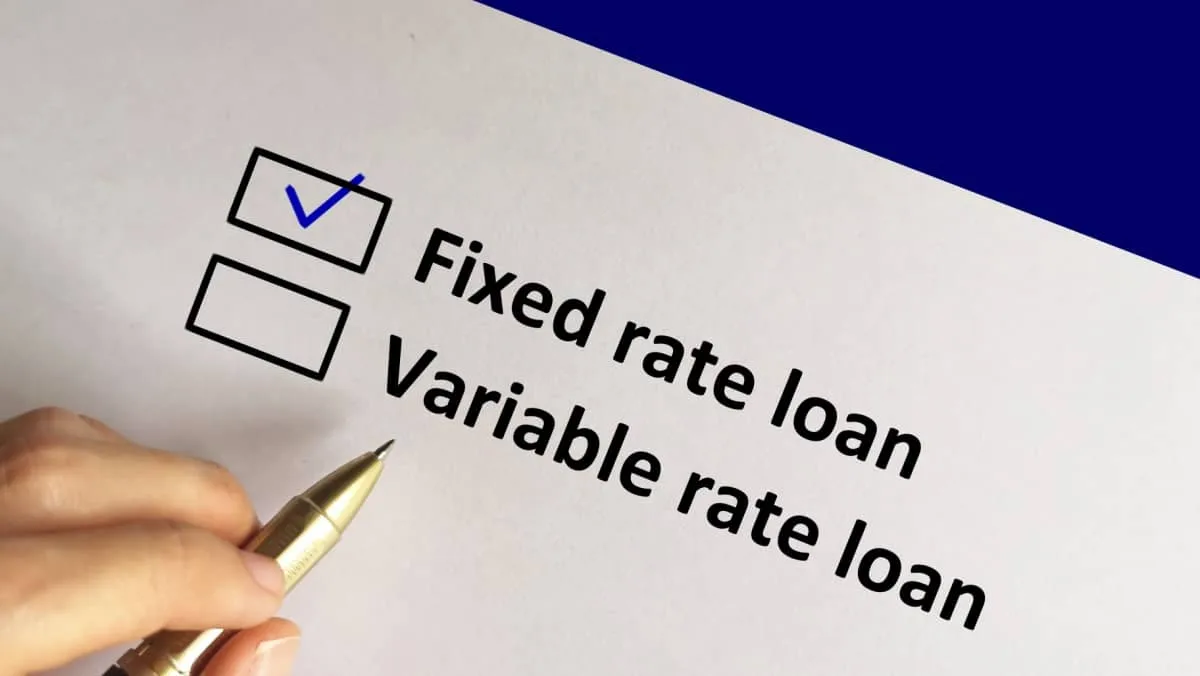
Thursday Mar 7 2024 05:08

10 min

Inflation has become a major concern for many people in recent years. As the cost of goods and services rises, it can strain personal finances and long-term savings goals.
While we can't control inflationary pressures in the broader economy, there are steps individuals can take to hedge against inflation and protect their purchasing power over time.
In this article, we'll look at inflation, why it matters for your financial planning, and some strategies for hedging against inflation.
Inflation is the broad increase in prices for goods and services in an economy over time. As inflation rises, the purchasing power of a unit of currency falls because you need more money to buy the same goods and services. Low inflation rates of around 2-3% can seriously reduce your purchasing power over the long run.
For example, at a moderate 3% annual inflation rate, $100 today will only be worth $74.41 in 10 years and $54.80 in 20 years! That means your money loses buying power steadily if your income and savings don't keep up with rising prices.
High inflation also leads to instability and uncertainty, making it difficult for individuals and businesses to make long-term financial plans. So, keeping inflation low and stable is in everyone's best interest.
But even during periods of relatively low inflation, implementing strategies for hedging against inflation is wise financial planning. The aim is to grow your income and assets enough so your purchasing power doesn't decline over time.
Check this article: Inflation and Recession - Can You Have Both?
Fortunately, there are many actions you can take to hedge against inflation's effects and preserve your hard-earned money's buying power. Here are some of the most important inflation-hedging strategies.
One of the most effective ways for hedging against inflation is investing money in assets that have the potential to appreciate at or above the inflation rate, generating actual returns after inflation. Some examples include:
Stocks: Historically, stocks have provided average annual returns of around 7% above inflation over long periods, making a well-diversified stock portfolio an excellent inflation hedge.
Real estate: Physical property has intrinsic value and limited supply, making it an attractive inflation hedge as rents and property values tend to rise with inflation over time.
Commodities: Tangible commodities like agricultural goods, oil, and metals can protect against inflation since their prices generally track inflationary economic trends.
Cryptocurrencies: Digital currencies like Bitcoin also have a limited supply and have the potential to serve as an inflation hedge, though their short history makes them riskier.
The key is focusing on assets with fundamental economic value drivers that tend to appreciate as inflation rises. Work with a financial advisor to incorporate the right mix of inflation-resistant assets into your portfolio.

Another smart move for hedging against inflation is locking fixed rates on your debts, savings accounts, and investments when interest rates are low. This protects you against variable interest rates rising with inflation. For example:
Locking in fixed rates prevents inflation from silently boosting your interest expenses and eroding the value of your savings and fixed income over time.
Read this article for more insights: What Are Financial Instruments?
Having diverse income streams across multiple sources is also a way of hedging against inflation. For example:
With multiple income streams, you'll be less dependent on a single fixed salary subject to inflation erosion. As some income sources grow with inflation, it will offset pressures on stagnant income sources.
This article may pique your interest: Collector's Items - Most Coveted Gold Coins In The World

Savvy debt and cash flow management can also help overcome inflation risks:
Proactive debt and liquidity planning enable you to navigate inflation environments without painful new borrowing that could compound the problem.
Learn more by checking out this useful article: Trade Preparations For Long-Term Wealth Building
While it's impossible to escape inflation, implementing the right proactive strategies can help deter inflation from completely eroding the purchasing power of your money and assets. Making hedging against inflation a core element of your long-term financial plan is vital.
Work with a trusted financial advisor to personally assess inflation risks and integrate suitable hedging tactics into your investing, career, income, debt, and retirement planning. This will empower you to grow assets and income streams that keep pace with or exceed inflation over time.
With some prudent planning and discipline today, you can blunt inflation's blows and preserve your hard-earned money's ability to create future financial security and prosperity. Don't leave it to chance - take control with an inflation-resistant financial plan.
Learn and trade with markets.com: The ultimate trading community!
“When considering “CFDs” for trading and price predictions, remember that trading CFDs involves a significant risk and could result in capital loss. Past performance is not indicative of any future results. This information is provided for informative purposes only and should not be considered investment advice.”
Risk Warning: this article represents only the author’s views and is for reference only. It does not constitute investment advice or financial guidance, nor does it represent the stance of the Markets.com platform.When considering shares, indices, forex (foreign exchange) and commodities for trading and price predictions, remember that trading CFDs involves a significant degree of risk and could result in capital loss.Past performance is not indicative of any future results. This information is provided for informative purposes only and should not be construed to be investment advice. Trading cryptocurrency CFDs and spread bets is restricted for all UK retail clients.